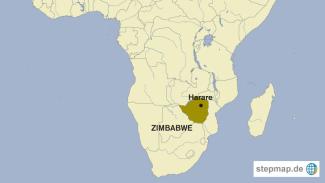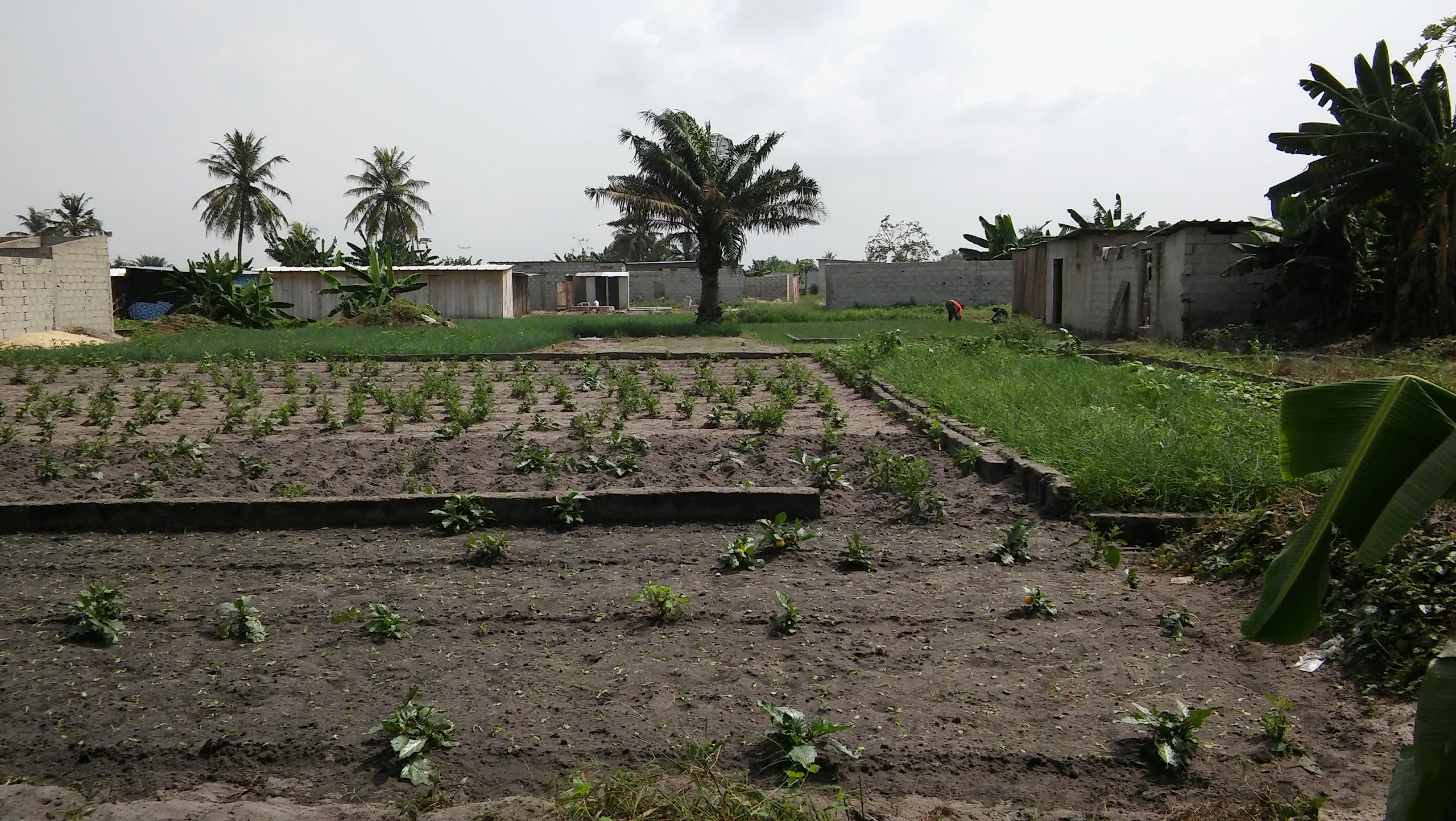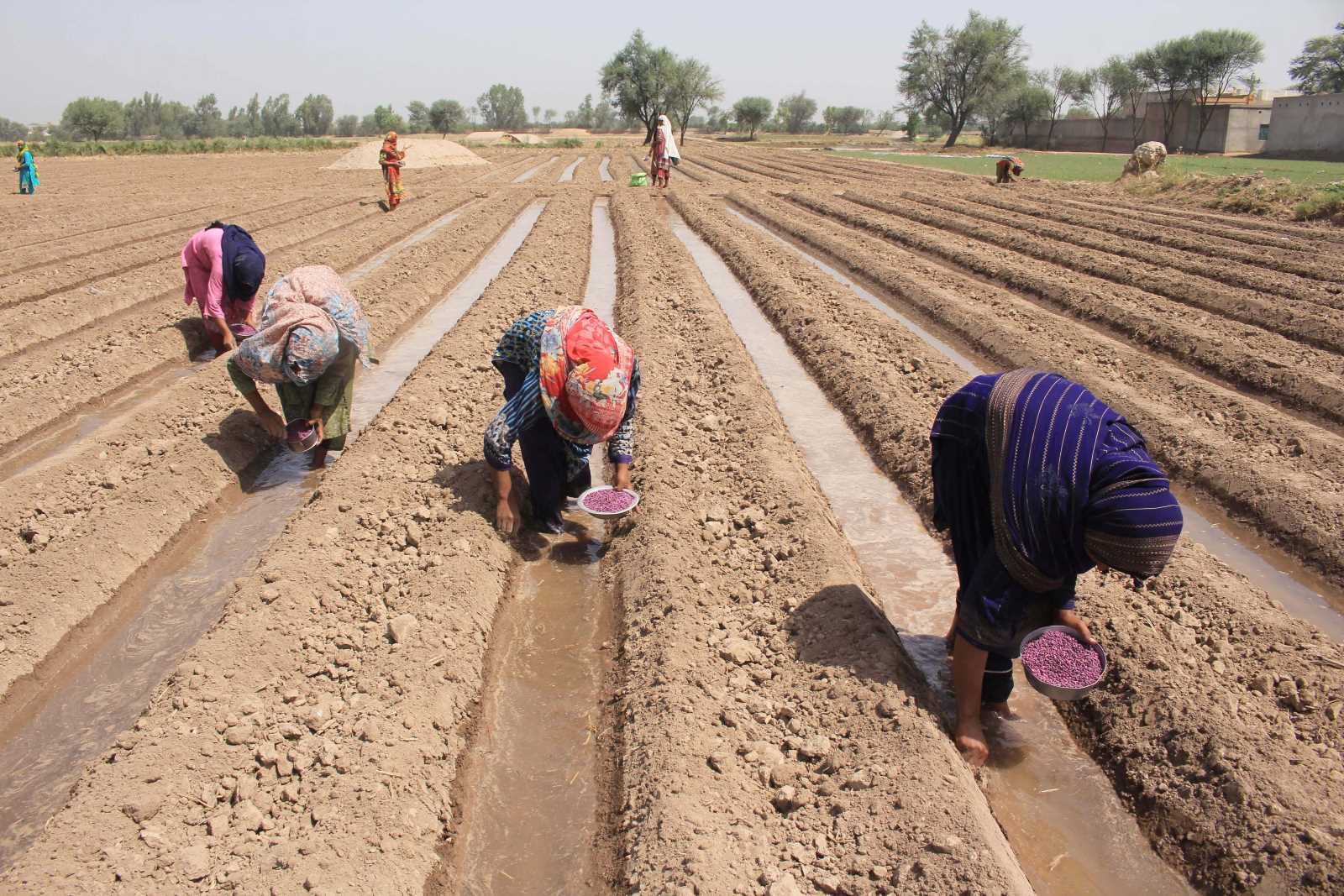Aquaculture
Fish replaces meat

Zimbabwe holds 60 % of all dammed water in the Southern African region and has favourable climatic conditions for fish farming. Globally, production from aquaculture has overtaken harvesting of wild fish stocks. In Africa, this business is growing at an average annual rate of ten percent.
Even though she holds a diploma in accounting, 41-year-old widow Mateline Chirundu has never been employed. But recently, she says, her “life has changed for the better, thanks to fish farming.” Chirundu started raising fish in ponds three years ago. This business turned her into the breadwinner for her two school-going children. “When my husband was still alive we used to be tenants,” Chirundu recounts. “Now with the earnings from fish farming, I have bought a house of my own.”
On a good day, Chirundu makes about $ 300 through selling fish – an amount a formally employed person in Zimbabwe can only dream of, she claims. Her clients are owners of retail shops.
According to the Ministry of Small and Medium Enterprises and Cooperative Development (SMECD), Zimbabwe has 11,000 established small-scale fish farmers. They raise fish commercially in tanks or enclosures such as fishponds, usually for food. It is the principal form of acquaculture. According to the UN Food and Agriculture Organization (FAO), Zimbabwe has become the top fish-farming country in Sub-Saharan Africa.
In 2014, the country’s total fish production was estimated at 10,600 tonnes. Much of the production were Nile Tilapia raised in floating cages in Lake Kariba, operated by the Lake Harvest Company, one of the leading private aquaculture firms in Africa. The FAO calculates that in Zimbabwe 4,000 people work in aquaculture, with nearly 44,000 employed in inland fisheries. Jimson Ndiraya, an agricultural extension officer based in Masvingo, Zimbabwe’s oldest town, says: “Our country’s economy is failing, so many people are experiencing unbearable economic challenges. For them, fish farming has become the best way to survive.”
Not only the producers gain from the growing industry, but consumers as well: the majority of Zimbabweans cannot afford to buy meat. According to Tenjiwe Msipa, a food science expert, fish now provides them with the necessary protein.
Jeffrey Moyo is a journalist and lives in Harare, Zimbabwe.
moyojeffrey@gmail.com














